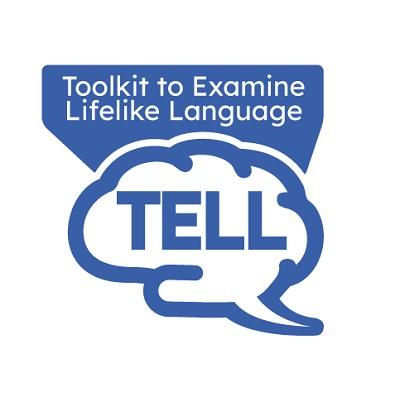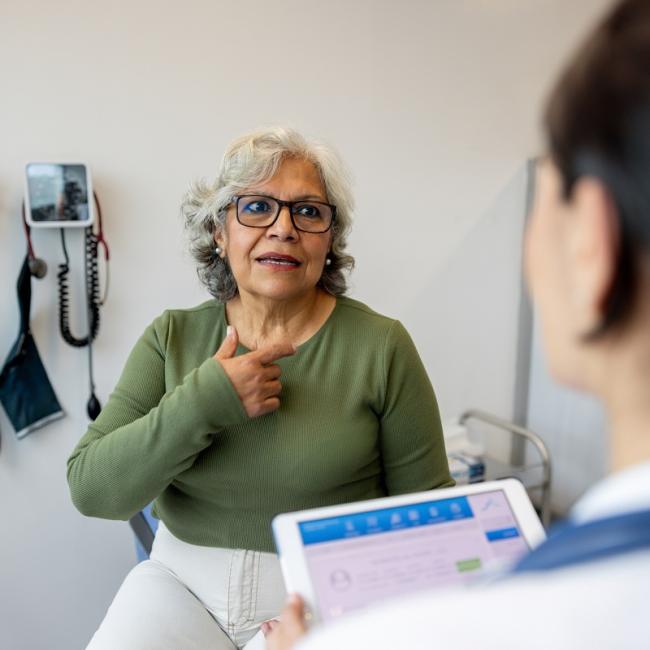TELL: A Novel Speech Testing App for Insights on Brain Health
Atlantic Fellow for Equity in Brain Health Adolfo M. García outlines his motivation for developing the TELL app and its potential to foster equity in the global fight against neurodegenerative disorders.

By 2050, over 150 million people will be diagnosed neurodegenerative disorders, including Alzheimer’s disease, Parkinson’s disease, and frontotemporal dementia. This scenario has spurred a quest for objective, affordable, scalable markers to improve early detection and symptom monitoring. Prominent among these efforts is automated speech and language analysis (ASLA), with several papers demonstrating its potential to boost current assessment procedures. Yet, how do we translate research findings into clinical resources? How do we move from published results to usable tools? These questions motivated the development of the Toolkit to Examine Lifelike Language (TELL), a novel speech testing app to gain insights on brain health.
Speech and language functions are compromised, in different ways, across neurodegenerative disorders. Therefore, their assessment reveals clinically useful patterns. ASLA achieves this simply by recording participants’ speech and extracting acoustic and linguistic features from their audio files and transcriptions, respectively. Accruing studies indicate that ASLA can identify and differentiate persons with Alzheimer’s disease, Parkinson’s disease, and frontotemporal dementia in early stages; discriminate between disease subtypes; and predict symptom severity and progression. However, the potential of ASLA remains underexploited, because investigation protocols are highly heterogeneous, centralized systems are missing for harmonized data management, and underlying technologies are unavailable for actual clinical use.
TELL is a strategic effort to address these challenges. This web-based app offers an intuitive platform to collect, encrypt, analyze, download, and visualize speech and language data for research and clinical aims. It encompasses a language profile survey and a general protocol with diverse tasks. These include routine description, video retelling, and text reading, among others, each involving different motor and cognitive demands. Cutting-edge algorithms are used to capture sensitive acoustic measures (such as speech rate, silence duration, and pitch patterns) as well as word frequency and emotional content. Such tasks and metrics have been amply validated in interdisciplinary studies, including works on underrepresented populations, such as Latinos. Audio data and automated transcriptions are immediately available for download and offline analysis, and they are automatically analyzed and plotted for clinical use. Also, TELL abides by current regulations on protected health information.
The app is growing in scope and potential. It is currently used in 10 sites across six countries, with several more to come. Tasks and metrics are available for English, Spanish, and Portuguese, with new languages being added based on project-specific needs. In January 2023, an investment of USD 500,000 was secured to develop its 2.0 version, including new metrics and added functions.
With its current and upcoming features, TELL is a promising development to foster equity in the global fight against neurodegenerative disorders.
More Information
For access, details, news, and publications, visit TELL’s website at: https://tellapp.org/







